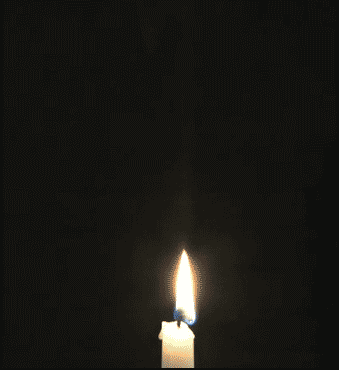The Gothic Revival sanctuary of the former Episcopal Church of the Holy Communion was a strange edifice to house a dance club, but that's what happened in the early 1980s with the infamous Limelight club in New York City.
Rocker Steve Taylor penned a snarky tribute, including this pounding chorus: "This disco used to be a cute cathedral / Where we only play the stuff you're wanting to hear … / This disco used to be a cute cathedral / But we got no room if you ain't gonna be chic."
Four decades later, this song surfaced during online chatter about the February 8-9 dance nights inside Canterbury Cathedral, the Church of England's most hallowed sanctuary.
Dubbed the "rave in the nave" by critics, revelers gulped drinks from the bar and sang along to hits streamed by DJs into rented headphones. One participant described dancing to "Horny" by Mousse T. -- "I'm horny, horny, horny, horny, I'm horny, horny, horny, horny tonight" -- not far from the stone tiles on which St. Thomas Becket was murdered in 1170.
"The decline of Western Christendom continues unabated," noted Taylor, via email. His song, with its Limelight callout, was a critique of modernized brand of faith that sacrifices its message to gain popular appeal. "I think that I referred to it as country club Christianity."
Outside Canterbury Cathedral, one protester told The Telegraph: "Thomas Becket is buried in the same location in this cathedral as our late Queen is buried in St George's Chapel. Would it be acceptable to have a rave in that place? Would anyone accept that? … This is going to make people take the church less seriously than they did before, rather than more seriously."
Canterbury's dean rejected the "rave in the nave" label and argued that the "90s-themed silent disco" would show proper respect for the cathedral's cultural and arts heritage.










